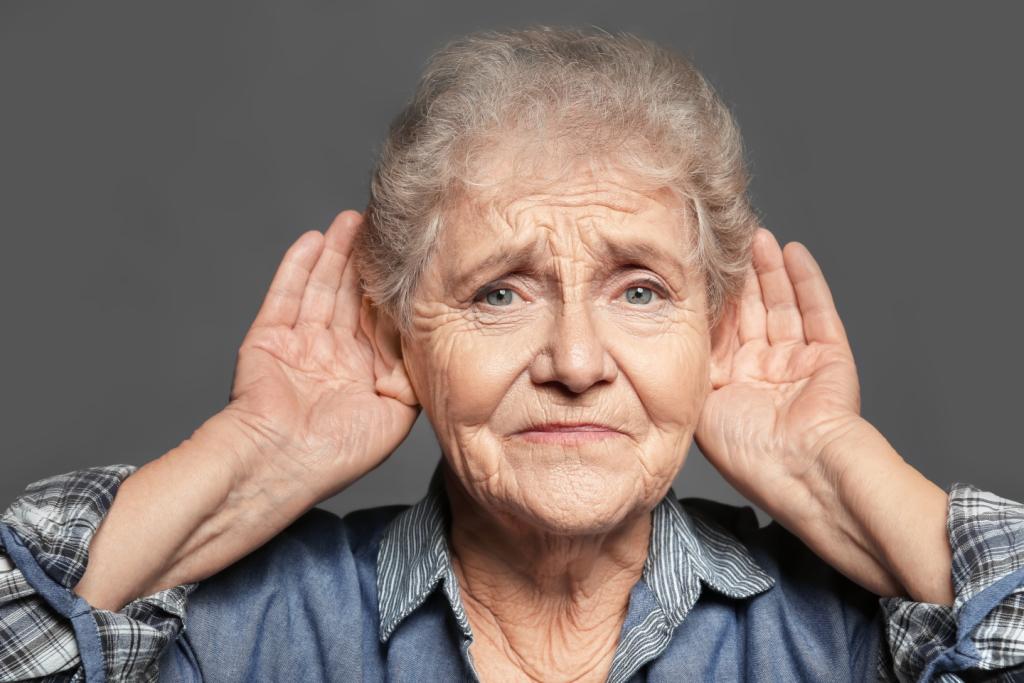While hearing loss in seniors is common – nearly one in every three people over the age of 65 have some type of hearing loss – having hearing loss treated and diagnosed is another story.
According to an AARP poll, 47 percent of those surveyed report having untreated hearing loss.
That can be dangerous. Studies have shown that there is a link between hearing loss and a higher risk of dementia (including Alzheimer’s).
Cooperstown Center for Rehabilitation and Nursing wants you to be on the lookout for the signs that someone may be experiencing hearing loss but may not want to tell anyone or get it checked.
Here are 10 things to look out for. Some are obvious, while others merit some explanation.
- Trouble Hearing Over the Telephone
People with hearing issues can sometimes overcome the problem by being able to read a person’s lips. On the telephone, those people are not afforded the luxury of seeing the people speaking to them.
- Having Trouble with Multiple Speakers
If the brain is focusing too much on trying to understand one person speaking to them, multiple speakers may be an overload on the senses. It could lead to the person having trouble understanding the group conversation that’s taking place.
-
Turning the Volume Too High on the Television
-
Straining to Understand a Speaker
- Having Trouble with Background Noise
A person with developing hearing issues will begin to have trouble understanding people in places with moderate noise. It would be understandable to have trouble hearing someone at a noisy bar (especially if music is playing), but someone with good hearing shouldn’t have trouble in a restaurant with a moderate amount of noise or at an outdoor park or playground.
- Complaints of Pain, Dizziness, or Ringing in Ears
These physical symptoms can point to an issue where hearing loss is a by-product of a larger issue. An inner ear disorder (like Meniere’s disease) or Eustachian tube dysfunction could be causing the hearing problems.
-
Asking People to Repeat Themselves Frequently
-
Complaining that People are Mumbling or Not Speaking Clearly
-
Having Trouble Understanding Higher-Pitched People (Some Women and Children)
- Not Answering the Question That is Asked
For example, if you ask a person how they are doing, and they respond by saying that the weather is great today or they just got back from grocery shopping, chances are they are not hearing you properly, and they are trying to compensate by guessing what you asked them.
If You Notice These Symptoms, Encourage the Person to Get a Hearing Test
Gently explain to the person that you are concerned about their hearing, and maybe even explain that not getting the issue addressed can lead to larger problems in the future.






